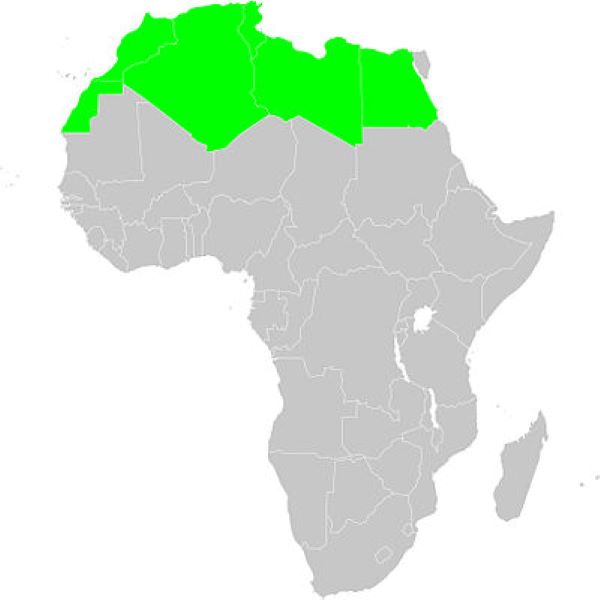BY DAYO ADESULU
African Health Ministers and representatives from countries gathered today for the Seventy-first session of the World Health Organization (WHO) Regional Committee for Africa, the preeminent meeting on public health in Africa. During the annual gathering, the Health Ministers set the health agenda for the next 12 months.
Due to the COVID-19 pandemic, the three-day session is being held virtually for the second year in a row. While opening the session, Hon Prime Minister Victoire Tomegah Dogbé of Togo, who spoke on behalf of H. E President Faure Gnassingbé, called for stronger global solidarity to ensure COVID-19 vaccine equity.
“The COVID-19 pandemic has demonstrated the urgent need for global solidarity, which is highlighted by the need for countries to seek effective protective measures, both individually and collectively,” said Hon Prime Minister Dogbé.
To reinforce global solidarity, WHO Director-General, Dr Tedros Adhanom Ghebreyesus, urged African countries to support an international treaty or another legal instrument to improve international cooperation on pandemic preparedness and response that will be discussed in November at a Special Session of the World Health Assembly.
“The vaccine crisis illustrates the fundamental weakness at the root of the pandemic: the lack of global solidarity and sharing – sharing of information and data, biological samples, resources, technology and tools,” said Dr Tedros.
The COVID-19 pandemic has demonstrated the urgent need for global solidarity, which is highlighted by the need for countries to seek effective protective measures
The need to learn from the COVID-19 pandemic was echoed by Dr Matshidiso Moeti, WHO Regional Director for Africa. “COVID-19 presents both an opportunity and a stark warning of the need to rethink systems that reinforce justices, and to invest more in building a healthier, fairer world.”
This year’s Regional Committee focuses on ways to scale up the COVID-19 response, renew the efforts to end all forms of polio, eliminate cervical cancer as well as enhance the use of health technologies. The meeting will also discuss measures to improve healthy ageing on the continent as well as reinforcing the fight against tuberculosis, HIV, sexually transmitted infections and hepatitis, and defeating meningitis by 2030 among other key health priorities.
Despite the health challenges, including the severe impacts of the COVID-19 pandemic and other outbreaks, the continent has made significant progress in fighting diseases. This year, Africa is celebrating the first anniversary since being certified free of wild poliovirus and efforts are being made to end all forms of polio.
Crucial milestones are also on the Regional Committee’s radar. In Africa, cervical cancer is the second most common cancer in women. In 2020 over 72 000 women in Africa died of the disease. Despite the availability of safe and effective vaccines that prevent infection, only 16 countries currently have human papillomavirus vaccine programmes. WHO is committed to getting 90% of all girls aged 15 years and below vaccinated by 2030, and is supporting the efforts to accelerate the elimination of cancer as a public health problem by 2030.
Delegates at the Regional Committee will also deliberate on how to improve access to assistive technology in sub-Saharan Africa, where the prevalence of disability ranges between 15% and 25% and over 200 million people need at least one assistive technology product. The region seeks to have 40% of the population in need of assistive products gain access to them by 2030 without suffering financial hardship.
More than 400 participants, including Ministers of Health and officials from 47 Member States as well as representatives from United Nations agencies, intergovernmental organizations, civil society, academia and development partners are attending the meeting.
The Regional Committee is the WHO’s decision-making body in the region, convening once a year to discuss and endorse regional policies, activities and financial plans to improve people’s health and wellbeing.
Please click this link for more information on the Seventy-first session of the WHO Regional Committee for Africa.
